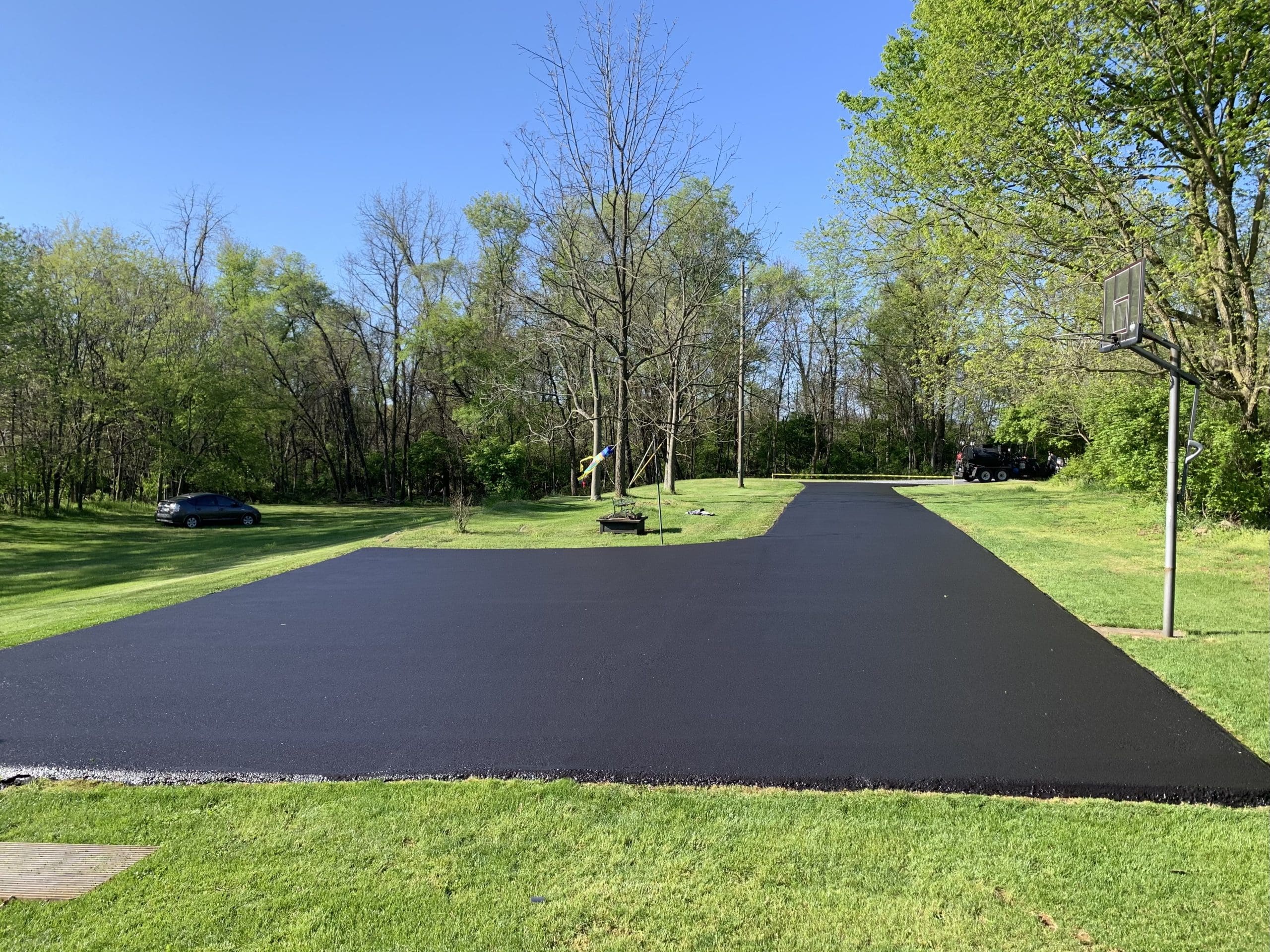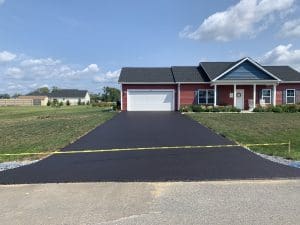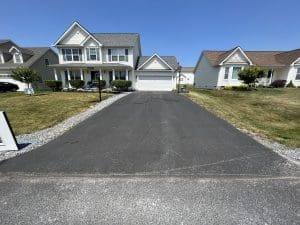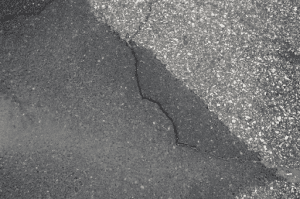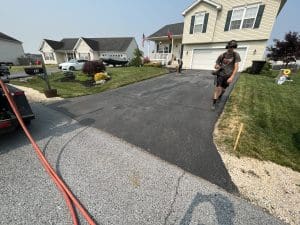DIY vs Professional Sealcoating: A Guide From Top Gun Sealcoating
If you’re a homeowner or property owner looking to maintain your pavement, sealcoating is a critical step in protecting it from weather, chemicals, and wear. When it comes to sealcoating, you have two main paths: doing it yourself (DIY) or enlisting the help of professionals like Top Gun Sealcoating. In this comprehensive guide, we’ll explore the pros and cons of both approaches, helping you make the best choice for your asphalt.
Understanding Sealcoating The Basics of Sealcoating
Before we delve into the DIY vs professional debate, it’s crucial to grasp the essence of sealcoating. Sealcoating is the process of applying a protective coating to your pavement. This coating, typically made from coal tar-based or asphalt-based emulsions, acts as a barrier against water, oxidation, and damaging UV rays.
Choosing the Right Sealcoat
Selecting the appropriate sealcoat is paramount. For commercial parking lots, coal tar-based sealcoats are popular due to their durability and resistance to oil and gasoline. Residential driveways, however, benefit from asphalt-based sealcoats, known for their flexibility.
Why Sealcoating Matters
Sealcoating is an essential part of pavement upkeep. Over time, pavement succumbs to the elements and wear, leading to cracks and damage. Sealcoating extends your pavement’s life, prevents cracks and potholes, and enhances its appearance. Not only does it shield your pavement, but it also bolsters its durability.
The Benefits of Sealcoating
Firstly, sealcoating prevents water penetration, a major threat to pavement integrity. By sealing the surface, you create a barrier against water-induced damage. Secondly, it curtails oxidation, which can result in faded and worn-out pavement. Lastly, sealcoating safeguards against UV rays, preserving your pavement’s integrity.
DIY Sealcoating: Pros and Cons Advantages of DIY Sealcoating
DIY sealcoating can save you money on labor costs and provides more control over the process. It also offers flexibility in scheduling the project according to your convenience.
Disadvantages of DIY Sealcoating
DIY sealcoating demands specialized equipment, precise application techniques, and proper surface preparation. Improper application can lead to uneven or ineffective sealing, compromising your pavement’s protection. Additionally, the initial investment in equipment should be considered.
Professional Sealcoating: Pros and Cons Benefits of Hiring Professionals
Professional sealcoating guarantees expertise, quality materials, and durable results. Contractors provide warranties, ensuring your pavement is protected. You’re also spared the effort of surface preparation and application.
Drawbacks of Professional Services
The cost of hiring professionals is higher than DIY, and you need to accommodate their schedule. Ensuring you choose a reputable contractor is essential.
Cost Comparison: DIY vs Professional Sealcoating DIY Costs
DIY sealcoating is budget-friendly, with expenses varying based on the area to be sealcoated. Additional costs may include equipment and tools.
Professional Costs
Hiring professionals is pricier, but the quality and longevity of the sealcoat can save you money in the long run.
Time and Effort: DIY vs Professional Sealcoating Time Investment in DIY
DIY sealcoating can be time-consuming, requiring thorough surface preparation, application, and drying time.
Convenience of Professional Services
Professional sealcoating saves you time, with experts completing the job efficiently and conveniently.
Making the Right Choice
The decision between DIY and professional sealcoating hinges on your needs, budget, and preferences. DIY offers cost-effectiveness and control, while professionals provide expertise and convenience. Evaluate the pros and cons, consider costs and time constraints, and make an informed choice. Whether you opt for DIY or professionals, sealcoating protects your pavement and enhances its longevity.
